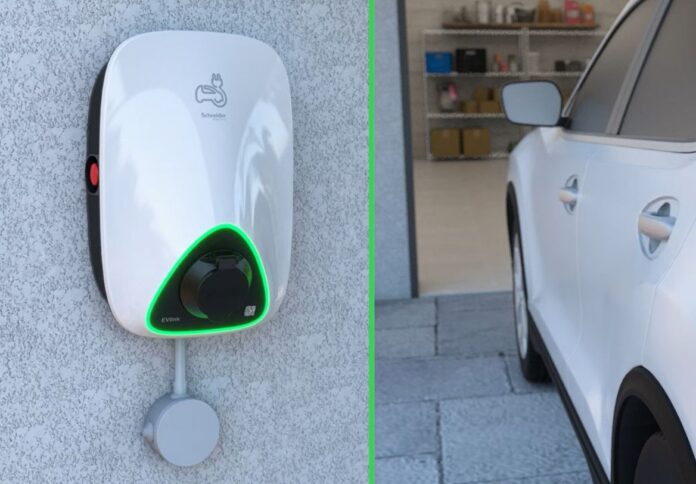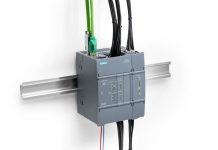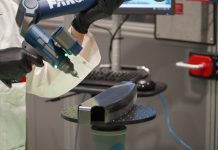
Energy management and automation leader Schneider Electric has been recognised by the World Economic Forum and McKinsey as one of three global Circularity Lighthouses in the built environment.
This designation acknowledges Schneider Electric’s pioneering circularity solutions that showcase innovation, substantial impact, and maturity of scale, the company said in a news release.
The selection of these new lighthouses was conducted by an independent panel of experts from industry, academia, and public life.
According to reported data, the World Economic Forum categorises the built environment as residential and commercial infrastructure, responsible for 39 per cent of energy-related CO2 emissions, 33 per cent of material consumption and waste generation, and 25 per cent of land system change.
The Forum’s Circular Lighthouse network serves as a platform for companies to share and learn from each other, fostering rapid acceleration of action and scale for greater resource efficiency.
Schneider Electric’s recognition is attributed to its comprehensive circular approach across a wide portfolio of energy and building automation solutions.
The company has implemented eco-design, waste-to-resources sites, and established a global network of refurbishment centers. Since 2018, Schneider Electric has successfully avoided approximately 513 million tons of CO2 from customers.
Notably, the company is committed to sustainability goals, using 27 per cent green materials across its products, with a target to reach 50 per cent by 2025.
Additionally, 22 per cent of Schneider Electric’s product families offer a circularity option, and over half of its manufacturing sites recover more than 99 per cent of waste.
Peter Herweck, Schneider Electric’s CEO, emphasised the compelling sustainability and commercial benefits of circular business models, expressing anticipation for the opportunities that the new Circularity Lighthouse network will offer in terms of learning, sharing, and accelerating action.
An illustrative example of Schneider Electric’s commitment to circularity is seen in its approach to giving a second life to MasterPact MTZ circuit breakers.
Through the MasterTech plant in France, the company collects circuit breakers from customers at the end of their life cycle.
These breakers are then disassembled, diagnosed, upgraded, and tested before being reintroduced to the market.
Circular business models and supply chain design are integral to Schneider Electric’s IMPACT Supply Chain program.
Representing the next evolution of the company’s supply chain transformation, this program aims to make a positive impact on both customers and the planet.



















